“After 15 years of studying the Holy Shroud of Turin, a hyperrealistic reproduction of what Jesus was like according to the Holy Shroud has been presented today.”
I share this out of simple curiosity.
There is no firm evidence that the shroud of Turin is anything more than a Catholic Relic – Relics where (and still are) used to bring people into the Catholic “Churches”.
Examples of relics include the The use of the alleged bones / Skulls of “Saints” put on displayed wherein which people will often make pilgrimages to visit these church relics, and pay for the opportunity to see them and sadly pray to them as one would an idol.
They at that time wrapped the body in linen.
Rome (The Pope’s offices) still call this “icon / relic”.
It is supposed to be this:
When Joseph had taken the body, he wrapped it in a clean linen cloth, – Matthew 27:59
Note: This shroud was not The Lords burial cloth. It can not be as it flies in the face of the actual word and the actual manner wherein which they at that time prepared the body to be interned.
Then they took the body of Jesus, and bound it in strips of linen with the spices, as the custom of the Jews is to bury. – John 19:40
People still think he was buried / entomb with this alleged shroud, but that cannot be the case even if it was authentic.
The Mystery Man: Who was the man of the Shroud of Turin? – VIDEO
“After 15 years of studying the Holy Shroud of Turin, a hyperrealistic reproduction of what Jesus was like according to the Holy Shroud has been presented today.”
Source: https://t.co/YBA6sFTZUn
(cc @JackPosobiec) pic.twitter.com/JPWQ8fpiAp
— Adrian Zduńczyk, CMT (@crypto_birb) October 14, 2022
Relic
In religion, a relic is an object or article of religious significance from the past.[1] It usually consists of the physical remains of a saint or the personal effects of the saint or venerated person preserved for purposes of veneration as a tangible memorial. Relics are an important aspect of some forms of Buddhism, Christianity, Islam, shamanism, and many other religions. Relic derives from the Latin reliquiae, meaning “remains”, and a form of the Latin verb relinquere, to “leave behind, or abandon”. A reliquary is a shrine that houses one or more religious relics.
Shroud of Turin Is a Fake, Bloodstains Suggest
“The Shroud of Turin is said by some to be the burial cloth of Jesus and by others a medieval forgery. Now, a new study using modern forensic techniques suggests the bloodstains on the shroud are completely unrealistic, supporting arguments that it is a fake.
The Shroud of Turin is an ancient linen cloth about 15 feet long by 4 feet wide (4.4 by 1.1 meters) that bears the image of what appears to be a crucified man’s body. On display at the Cathedral of Saint John the Baptist in Turin, Italy, it is one of many shrouds claimed over the centuries to be the one true burial cloth of Jesus.
But in 1988, scientists carbon-dated the shroud’s origins to between A.D. 1260 and 1390, supporting claims that it is merely a hoax…”
“If you look at the bloodstains as a whole, just as you would when working at a crime scene, you realize they contradict each other,” Borrini said. “That points to the artificial origin of these stains.”
More @ Source
~

“Beginning in the 1970s, tests were made to determine whether the images were the result of paints (or other pigments), scorches, or other agents; none of the tests proved conclusive. In 1988 the Vatican provided three laboratories in different countries with postage-stamp-sized pieces of the shroud’s linen cloth. Having subjected these samples to carbon-14 dating, all three laboratories concluded that the cloth of the shroud had been made sometime between 1260 and 1390. However, some scientists raised doubts about the researchers’ methodology. Upon receiving the results of the tests, the Vatican encouraged scientists to conduct further investigations of the shroud’s authenticity and recommended that Christians continue to venerate the shroud as an inspiring image of Christ. Source“

Shroud of Turin Isn’t Jesus’ Burial Cloth, Claims Forensic Study
The latest analysis adds to a centuries-long debate over the shroud’s authenticity.
For what it’s worth, the Vatican usually calls the shroud an “icon” rather than a “relic.” This means the Vatican recognizes its symbolic importance without taking a stand on whether or not it’s historically authentic. Citing this, Borrini—a Roman Catholic—tells NBC News that he doesn’t see a conflict between his research and the Catholic church. Source

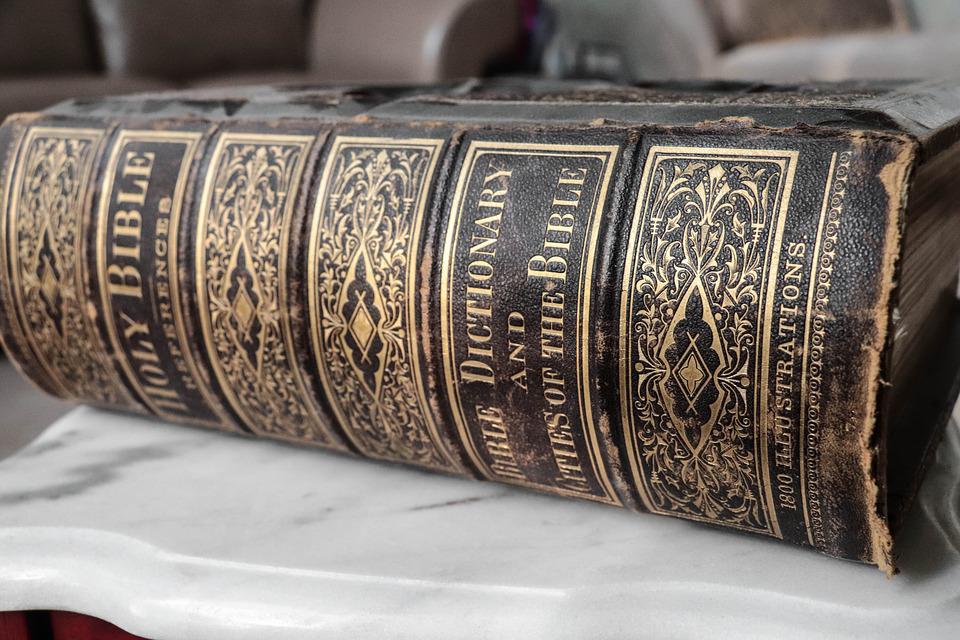
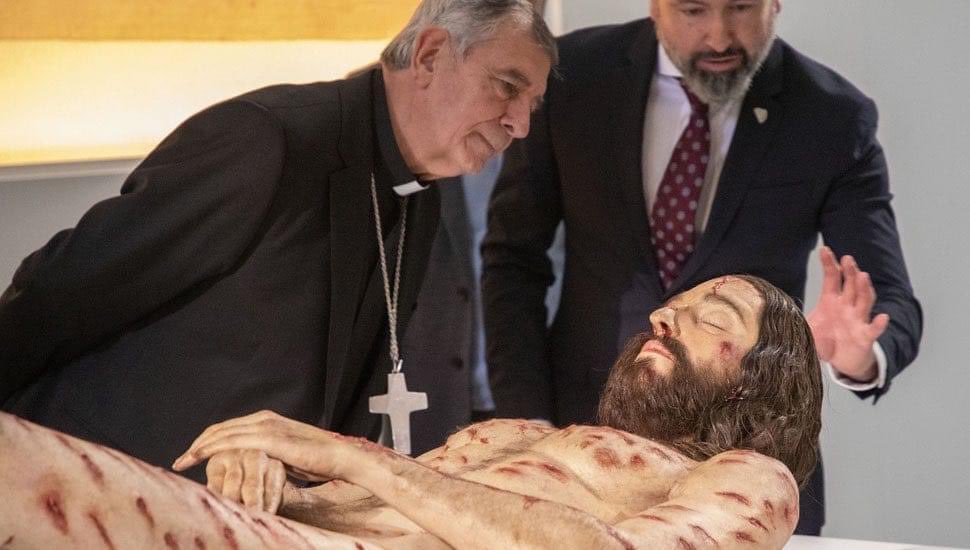
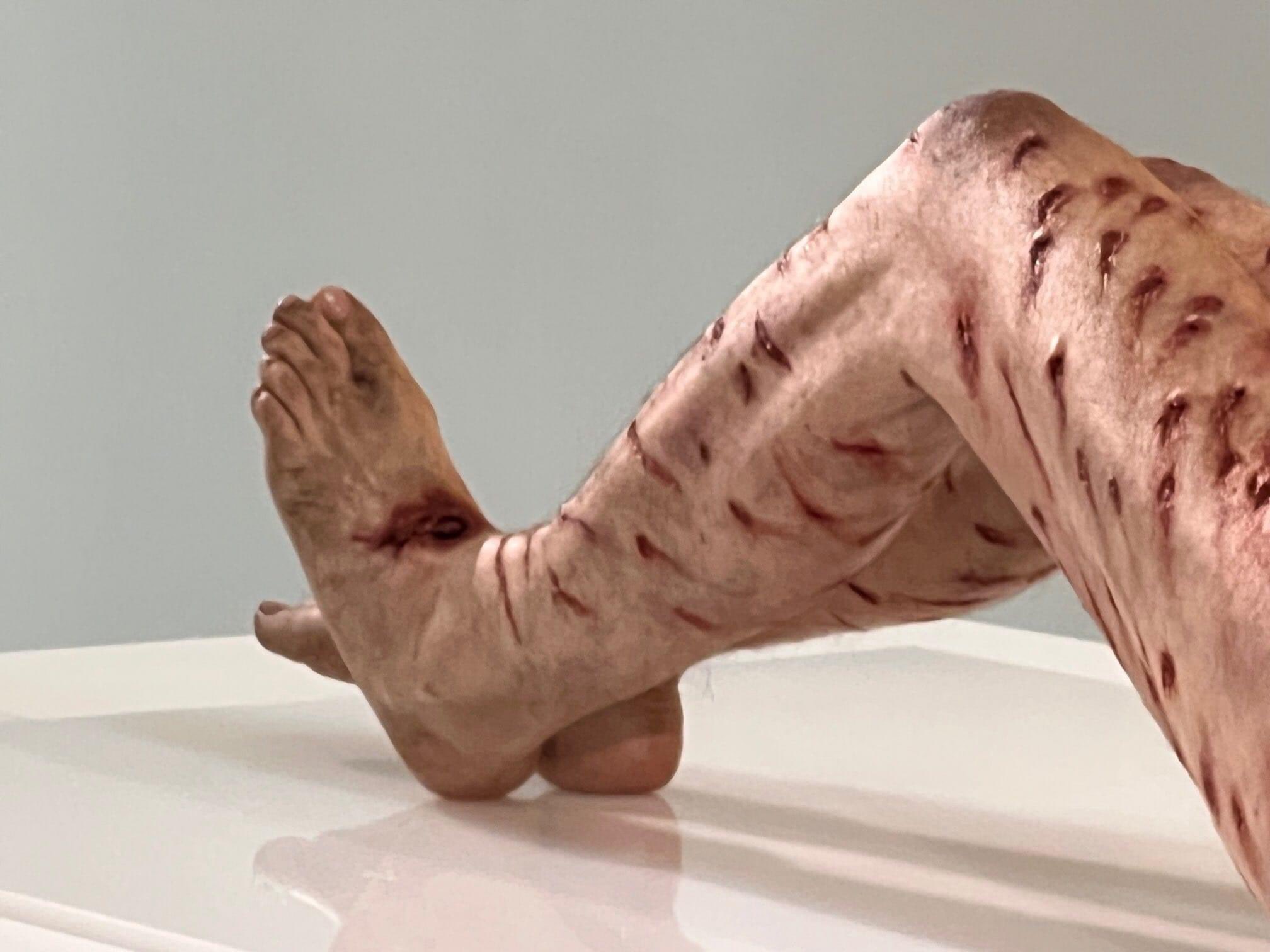


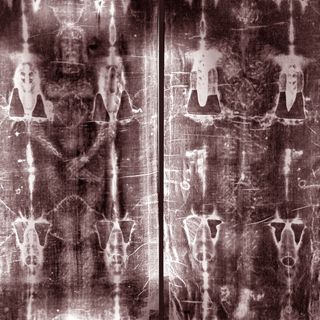

























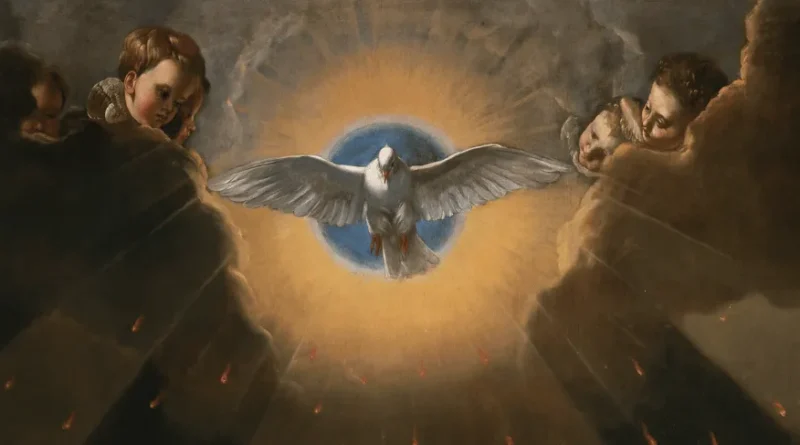







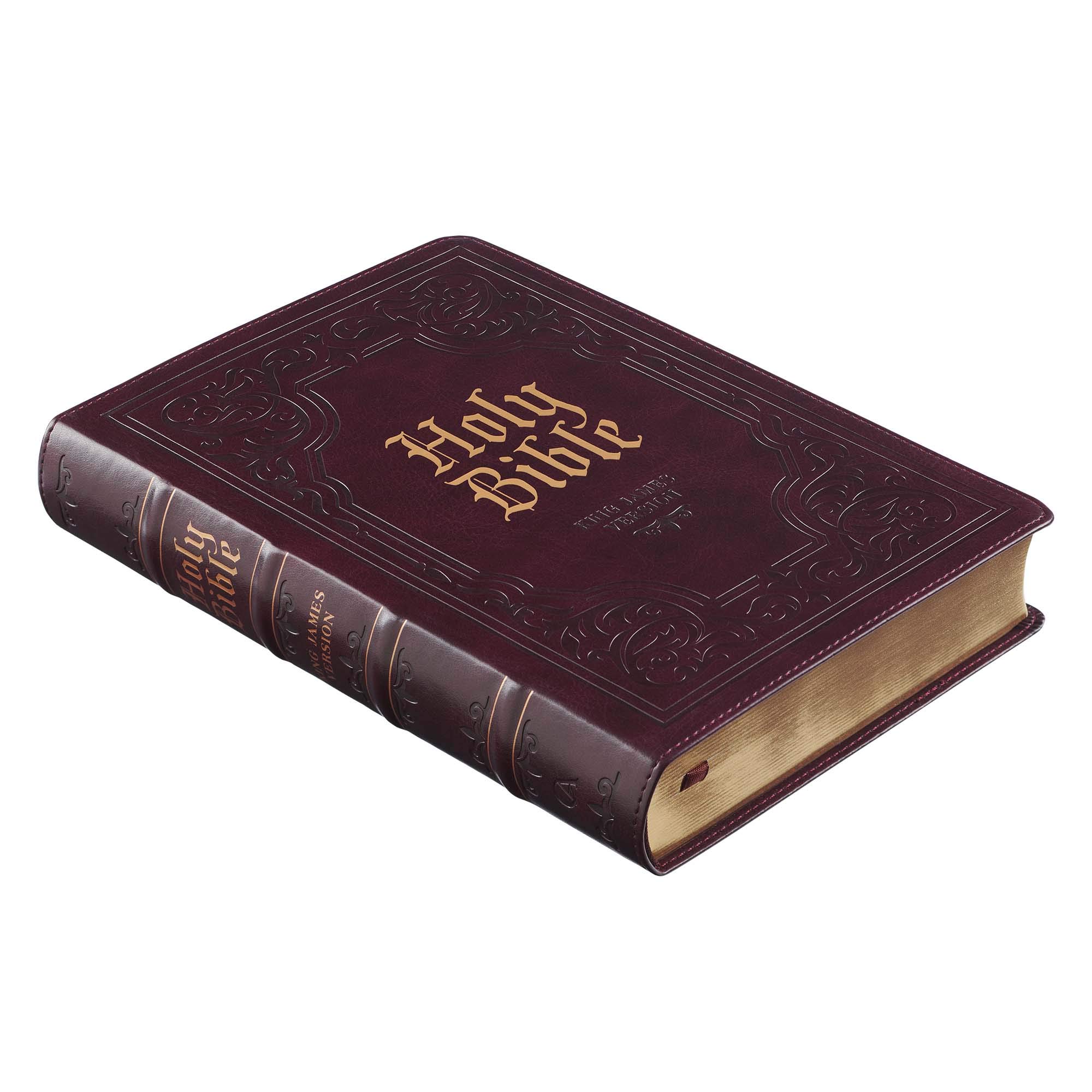

‘Holy Shrouds’ were part of hugely profitable medieval fakery industry – more than 40 rival shrouds are known. The ‘Turin Shroud’ appeared suddenly on Good Friday, 1494!
Leonardo served several wealthy Renaissance patrons, including Giuliano de Medici, son-in-law of the Duke of Savoy.
The House of Savoy (which became the Italian royal family) had acquired an earlier ‘Holy Shroud’ from a minor French aristocratic family, the de Charnys, around 1453.
This (painted) shroud had long since been denounced by the local bishop as “a fake used to defraud gullible pilgrims” but he had been silenced by the Pope. Nothing was seen of any shroud for thirty years.
Colluding with the House of Savoy, Pope Innocent VIII (the witch-burning pope, closely tied to Lorenzo de Medici) commissioned Leonardo to produce a ‘better shroud’ in 1492.
Under what threats Leonardo worked we can but speculate. Vegetarianism alone could have got him burned, let alone his homosexuality.
Two years later – no doubt after much experimentation – the ‘Holy Shroud’ appeared. In its positive form it was disappointing – and Leonardo was not paid!
By sheer serendipity, modern photography reversed Leonardo’s image into an altogether more awesome artifact – and triggered off a new century of delirious ‘Faith’.
The old alchemist would have laughed his socks off!
Copyright © 2005 by Kenneth Humphreys. Copying is freely permitted, provided credit is given to the author and no material herein is sold for profit.
More @ Source: https://old.world-mysteries.com/sar_2_ldt.htm
The Mystery Man: Who was the man of the Shroud of Turin? – VIDEO

https://thewatchtowers.org/the-mystery-man-who-was-the-man-of-the-shroud-of-turin-video/
#Pope #Vatican
WHATCH THE VIDEO HERE: https://thewatchtowers.org/the-mystery-man-who-was-the-man-of-the-shroud-of-turin-video/